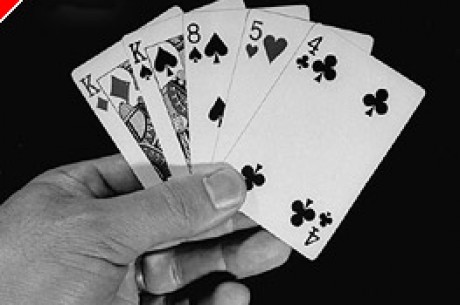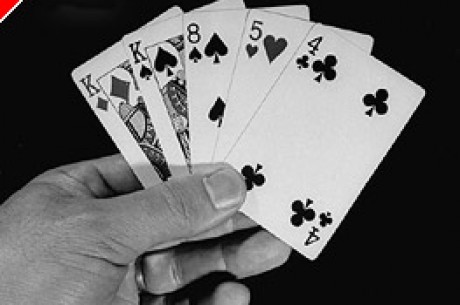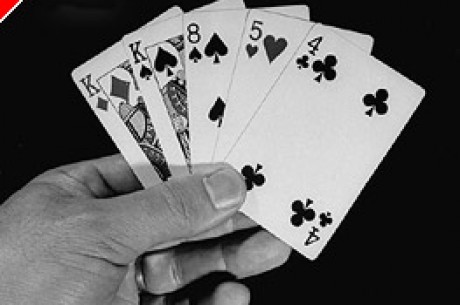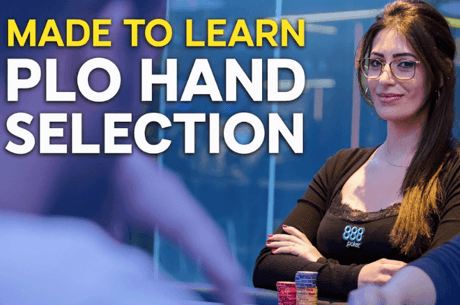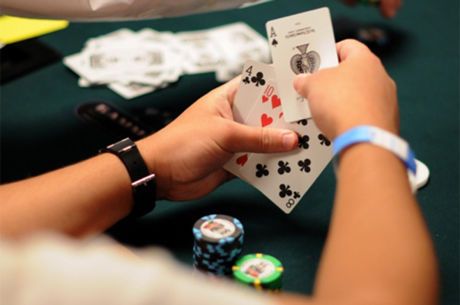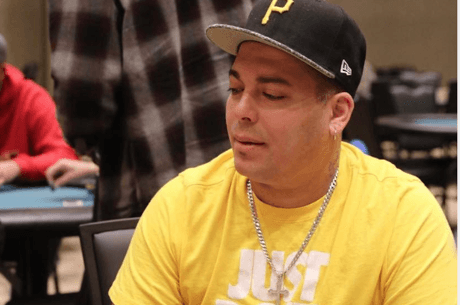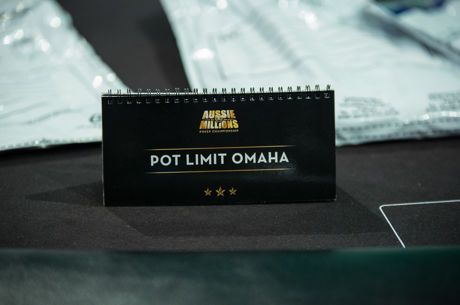Introduction to Omaha - A Little Reflection
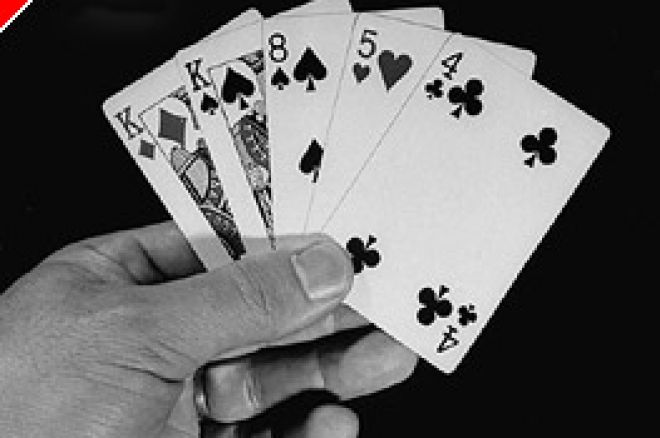
Tony is a regular on-line and card room player living in England. He mostly plays Texas Hold'em and Omaha (High and Split) at fixed, pot and no limit, at both cash and tournament tables.
Introduction
I try not to forget that the online poker revolution is continuing and ever more numbers of new players are trying out the game for the first time. Poker News doesn't forget it either so this week I'm doing a little scribbling of random points of interest that anyone new to or recently starting Omaha should probably keep in mind. Players reading Poker News come and go so I'm sure there are those reading this who haven't got the time to plough back through my earlier pieces. I'm not about to criticise you for that!
Some thoughts for Fixed Limit Omaha
Some of these thoughts are also appropriate to pot limit Omaha too but as a new player you should cut your teeth at fixed limits.
Consider first what would happen if you sat down at a $1/$2 fixed limits table and paid whatever the bet was needed to see a flop. After that, you also bet to see the turn and river cards. Would you win overall given that you will sometimes hit a monster hand on the river? No, certainly not, because your hands will be, over time, of only average worth. As most hands are won by the player with the best hand each round, you are destined to lose money an awful lot of the time.
Why am I stating what seems an obvious fact? Well, have you played an on-line game of fixed limits Omaha lately? Does it not amaze you that most players on the table are paying to see the flop, and a good number pursuing their hands to the river? Quite likely because there are four hole cards and the player only has to use two of them. It is not an excuse.
While it is not in their interests for my opponents to see a flop with a mish-mash of starting cards, it does please me because I know I should be able to sit down and come away with a profit if I play sensibly. You play sensibly by being fussy about your starting cards. You fold most of the hole cards you receive and you only start with cards which offer the greatest combination of premium hands with the widest range of cards that could come on the flop. You want lots of high cards (eg, AAKQ, AKJJ, KKQJ) or sequential cards (QJT9, T987, KQJ9), or high double-suited cards (AsAcTs9c, KhQd9h9d). Ideally, you want them combined! That means you fold a lot of starting hands, save your money and then bet aggressively when you get the premium stuff. You should be even tighter in early position (in the blinds or soon after with the button not far to your right). It's not always exciting but I personally prefer the pleasure of leaving with a profit.
Moving on, say you are in the hand with good cards and your flop offers some potential draws. Now is the time to consider pot odds. At fixed limits, these are often very good because of two factors;
1 Many people contributed to the pot pre-flop because they like to do so. Much of this can be regarded as potentially "dead money" - it is additional money that has been bet by players with poor hands they are unlikely to win with. That means the pot is bigger than it should be and makes it more valuable to bet into, provided you have a good chance of taking it.
2 Your required bet is likely to be cheap unless there have been raises and re-raises before you.
Therefore, in a game of $1/$2 fixed stakes, you may only have to call a $2 bet into a pot of $16 to see if you can catch one of your draws. Say you hold KhQd9h9d and the flop shows 8h 4h 2c. You cannot be sure someone doesn't hold Ah with another heart but it is unlikely. So you believe another heart on the board will give you the best flush. You need one of the nine remaining hearts to fall. The odds are 9/45 as there are 45 unseen cards after the flop. That equates to 4/1. You must bet $2 with a current pot of $16 making 8/1. Getting 8/1 for a 4/1 chance is good value so you must bet. This principle can apply at any stage and it will also tell you when you should fold. Don't go chasing a 4-outer when you have to call $4 raise into a $20 pot on the river. You are getting odds of 5/1 when the chance is nearer 10/1. Fold, fold, fold.
Even if you have good pot odds for the hand you seek but the opposition are raising ahead of you, stop and think. They might have you beaten whatever hand you draw.
Some reasons why your hand may be beaten;
1 You hold or are drawing to a straight. The community cards show three of a single suit. Someone may hold a flush!
2 You hold or are drawing to a straight with your hole cards at the low end of the straight. The community cards show the higher end of the straight. Someone may hold a higher straight!
3 You hold or are drawing to a straight or a flush. The community cards show a pair. Someone may hold a full house!
4 You hold or are drawing to a full house. The community cards show a pair which is higher than the pair in your hole cards. Someone may hold a bigger full house!
The betting should give you a clue whether someone has actually made the threatened hand but there is no point using pot odds to justify a bet if the hand you are chasing won't actually beat your opponent.
Might they be bluffing? Yes, sometimes you will be the victim of a bluff, but at fixed stakes poker, it won't happen much. At pot limit, maybe more so, but not as much as you might think.
Conclusion
To the uninitiated, Omaha looks like a "lottery on wheels", but it is not at all. You have to apply the age old gambling tools to this form of poker like any other. Get the odds on your side before you have committed your money and you should come out ahead. Don't throw money at blind hope and always respect the re-raise! Discipline is your mantra!
25 November 2005
Ed Note: Poker Stars have our highest rated tournaments, find out why

